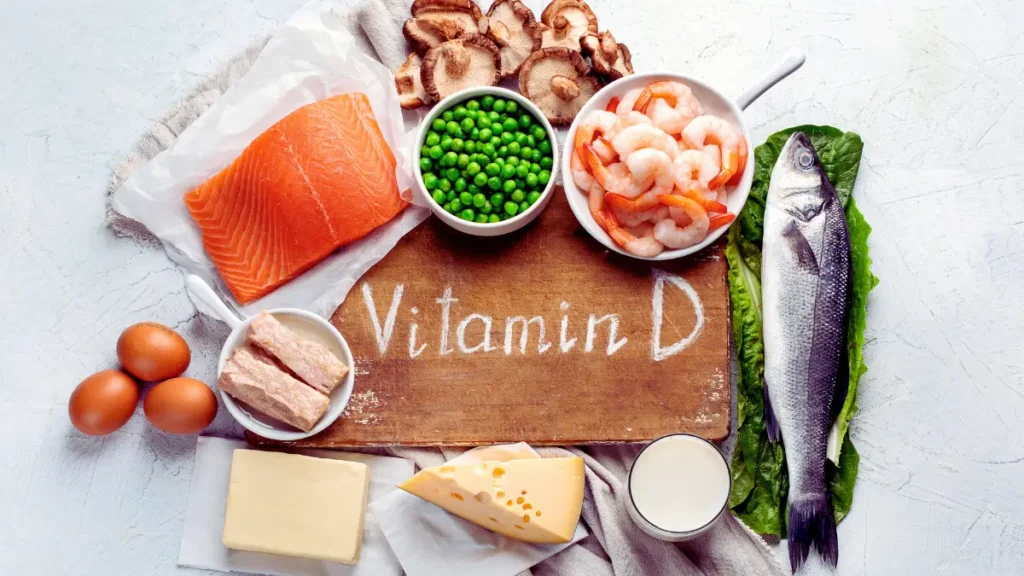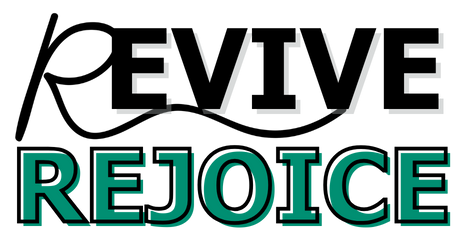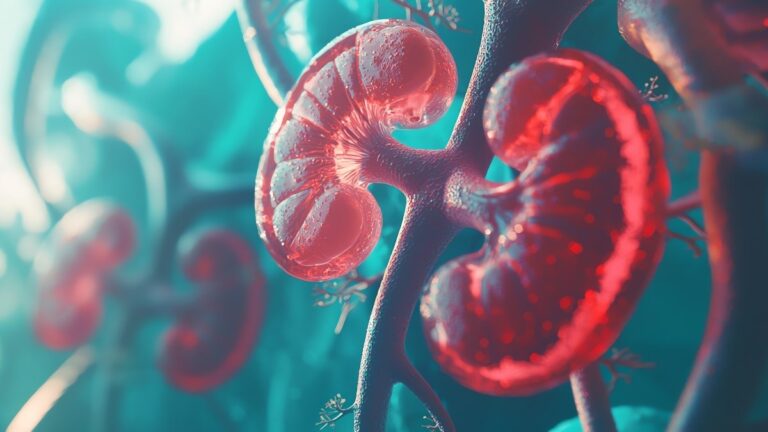Psst…Your Thyroid Whispered Its Wishlist. 11 Nutrients You’re Likely Ignoring (But Shouldn’t!)
Struggling with thyroid issues but still feeling off—even with treatment? You’re not alone. Many people follow their doctor’s advice but still battle fatigue, weight gain, or brain fog. Here’s the thing: your thyroid needs more than just medication.
It depends on key nutrients most people miss. These hidden players can make a real difference in how you feel each day. In this article, we’ll walk through 11 surprising nutrients your thyroid craves—but often doesn’t get.
Give your body what it’s been asking for and start feeling better from the inside out. Let’s get into it.
🔬 11 Nutrients Your Thyroid Craves 🔬
🌰 Selenium
Why it Matters:
Crucial for balancing hormones. It helps convert the inactive T4 hormone into the active T3 your body uses, and it reduces inflammation.
Top Foods:
Brazil nuts, sunflower seeds, and tuna.
Pro-Tip:
Just 1–2 Brazil nuts a day can meet your needs. Be careful not to overdo it, as high doses can be toxic.
🧂 Iodine
Why it Matters:
This is the primary building block for making thyroid hormones. Deficiency can slow your metabolism, but too much can also be harmful. Balance is key.
Top Foods:
Seaweed, dairy, and iodized salt.
Pro-Tip:
Use iodized salt lightly on meals. Be cautious with seaweed snacks, as their iodine content can be very high and inconsistent.
🎃 Zinc
Why it Matters:
Helps your body use thyroid hormones efficiently and supports the pituitary gland (which tells the thyroid what to do). Low zinc can cause hair thinning.
Top Foods:
Meat, shellfish, chickpeas, and pumpkin seeds.
Pro-Tip:
Combine zinc-rich foods with protein to help absorption. Avoid high-dose supplements, which can create a copper imbalance.
🥬 Iron
Why it Matters:
Vital for making T3. Without enough iron, your body can’t convert hormones into their usable form, leading to fatigue and brain fog.
Top Foods:
Red meat, spinach, and lentils.
Pro-Tip:
Add a source of vitamin C (like citrus) to your meals to dramatically increase iron absorption from plant-based foods.
☀️ Vitamin D
Why it Matters:
Acts like a hormone and is critical for immune regulation. Low Vitamin D is strongly linked to autoimmune thyroid conditions like Hashimoto’s.
Top Foods:
Sunlight, fatty fish (like salmon), and eggs.
Pro-Tip:
Spend 10–20 minutes in the sun a few times a week. Ask your doctor for a blood test to see if you need a supplement.
🍫 Magnesium
Why it Matters:
Helps convert inactive T4 to active T3. Stress burns through magnesium, which can worsen thyroid symptoms like anxiety and restless sleep.
Top Foods:
Nuts (especially almonds), leafy greens, and dark chocolate.
Pro-Tip:
Try an Epsom salt bath. It’s a relaxing way to absorb magnesium through your skin.
🍗 Tyrosine
Why it Matters:
This amino acid is a building block used to create thyroid hormones. It’s especially useful during times of stress, as it also supports mood and focus.
Top Foods:
Chicken, fish, dairy, and avocados.
Pro-Tip:
Include a protein-rich food at each meal to ensure a steady supply. Don’t mix supplements with thyroid meds without a doctor’s OK.
🥕 Vitamin A
Why it Matters:
Helps the thyroid absorb iodine and supports hormone signaling. Without it, your body struggles to “hear” the messages from your thyroid.
Top Foods:
Liver, eggs (active form) and carrots, sweet potatoes (beta-carotene).
Pro-Tip:
Combine your Vitamin A foods with a healthy fat (like olive oil) to boost absorption.
🐟 Omega-3 Fatty Acids
Why it Matters:
A powerful anti-inflammatory that protects thyroid tissues from damage. Also helps with mood and energy, which are common thyroid complaints.
Top Foods:
Fatty fish (salmon, sardines), flaxseeds, and walnuts.
Pro-Tip:
Aim to eat fatty fish twice a week. If you don’t eat fish, add ground flaxseeds or chia seeds to smoothies and salads.
⚡️ B Vitamins (B12 & Folate)
Why it Matters:
B12 deficiency is very common with hypothyroidism and causes severe fatigue and brain fog. Folate supports energy and detoxification.
Top Foods:
B12: Meat and dairy. Folate: Leafy greens and legumes.
Pro-Tip:
Ask your doctor to test your B12 and folate levels, as the symptoms can easily be mistaken for your thyroid condition.
🍄 Copper
Why it Matters:
Helps balance thyroid activity and protect the gland. It works in a careful balance with zinc, so you don’t want too much or too little.
Top Foods:
Shellfish, dark chocolate, and mushrooms.
Pro-Tip:
Focus on food sources. If you take a zinc supplement, make sure it doesn’t displace your copper levels.
1. Selenium

Selenium plays a key role in keeping your thyroid hormones balanced. It helps convert the inactive hormone T4 into the active T3, which your body uses.
People with thyroid problems often miss this trace mineral, even though it’s crucial for reducing inflammation and supporting immune health. Low levels may lead to thyroid fatigue and worsen autoimmune conditions like Hashimoto’s.
Brazil nuts, sunflower seeds, and tuna offer excellent natural sources. A small amount goes a long way, and too much can be harmful.
Tips:
- Eat 1–2 Brazil nuts a day to meet your selenium needs naturally.
- Choose selenium-rich foods over supplements unless directed by a doctor.
- Avoid over-supplementing, as high doses can be toxic.
2. Iodine

Iodine fuels the thyroid gland and is the building block for making thyroid hormones. Deficiency can lead to goiter and slow metabolism. Yet many avoid iodine due to confusion over how much is safe.
While too little causes problems, too much can do the same, especially for people with autoimmune thyroid issues. Balance is everything. Seaweed, dairy, and iodized salt are smart sources when consumed in moderation.
Tips:
- Sprinkle iodized salt lightly on meals instead of cutting salt completely.
- Use caution with seaweed snacks, as iodine content varies widely.
- Avoid high-dose iodine supplements unless advised by a specialist.
3. Zinc

Zinc helps the body use thyroid hormones efficiently. It also supports the pituitary gland, which tells the thyroid what to do.
When zinc is low, the thyroid can’t respond properly. Many with hypothyroidism are zinc-deficient and may not even know it.
This often results in symptoms like hair thinning and weakened immunity. Meat, shellfish, chickpeas, and pumpkin seeds are rich in zinc.
Tips:
- Eat a few servings of legumes or seeds weekly to improve zinc levels.
- Combine zinc-rich foods with protein to help absorption.
- Avoid over-reliance on supplements to prevent imbalances with copper.
4. Iron

Iron is vital for making thyroid hormones, especially the T3 version. Without enough iron, the body can’t convert hormones into usable forms. Many women with thyroid problems also struggle with anemia.
Fatigue, brain fog, and pale skin can hint at iron deficiency. Red meat, spinach, and lentils are helpful additions to the plate. Iron works best when paired with vitamin C.
Tips:
- Add citrus to meals to help absorb iron from plant foods.
- Avoid tea or coffee with meals, as they block iron uptake.
- Get your iron levels checked before starting supplements.
5. Vitamin D

Vitamin D acts more like a hormone than a vitamin. It plays a big part in immune regulation, which matters for those with thyroid autoimmunity. Low vitamin D has been linked with both Hashimoto’s and Graves’ disease.
The tricky part? Most people are low without realizing it. You get some from the sun, but not always enough. Fatty fish, eggs, and fortified foods can help.
Tips:
- Spend 10–20 minutes in natural sunlight a few times a week.
- Include salmon or eggs in your meals for extra vitamin D.
- Ask for a blood test to guide safe supplementation if needed.
6. Magnesium

Magnesium helps convert inactive thyroid hormones into the active form and plays a calming role for the nervous system.
People under stress often burn through magnesium faster, which makes thyroid symptoms worse.
Restless sleep, muscle cramps, and anxiety may all signal a deficiency. Nuts, leafy greens, and dark chocolate are all smart magnesium sources.
Tips:
- Snack on almonds or dark chocolate to boost magnesium levels.
- Add leafy greens like spinach to your daily meals.
- Try Epsom salt baths for relaxation and transdermal absorption.
7. Tyrosine

Tyrosine is an amino acid used to build thyroid hormones. Without enough of it, your thyroid can’t produce what your body needs. It’s especially useful during stress, as it supports mood and focus too.
While the body can make tyrosine from other nutrients, getting it through food can be beneficial. Chicken, fish, dairy, and avocados are natural sources.
Tips:
- Include protein-rich meals with chicken or eggs throughout the week.
- Pair tyrosine-rich foods with a healthy fat like olive oil for better use.
- Don’t mix tyrosine supplements with thyroid medications without a doctor’s input.
8. Vitamin A

Vitamin A helps the thyroid absorb iodine and supports hormone signaling in cells. Without it, the body struggles to interpret thyroid messages correctly. Dry skin, night blindness, or immune issues can be clues to low levels.
Animal-based sources like liver and eggs provide the active form. Carrots and sweet potatoes offer beta-carotene, which the body converts into vitamin A.
Tips:
- Balance animal and plant sources for steady vitamin A intake.
- Avoid mega-doses unless a doctor recommends it.
- Combine with healthy fats to boost absorption.
9. Omega-3 Fatty Acids

Omega-3s lower inflammation and protect thyroid tissues from damage. They also improve cell function and may help with mood and energy, common struggles for those with thyroid problems.
Most people lack enough omega-3s, especially if processed foods crowd out healthy fats. Fish like salmon, flaxseeds, and walnuts are great options.
Tips:
- Eat fatty fish like salmon or sardines twice a week.
- Add flaxseeds or chia seeds to smoothies and salads.
- Consider a quality fish oil if you don’t eat seafood.
10. B Vitamins (B12 and Folate)

B12 and folate support energy, red blood cell production, and nerve function—all of which suffer when thyroid hormones are off.
B12 deficiency is common in those with hypothyroidism and can cause fatigue, brain fog, and numbness. Folate plays a role in detox and DNA repair. You’ll find B12 in meat and dairy, while folate shines in leafy greens and legumes.
Tips:
- Include lean meats or fortified cereals for B12.
- Eat a mix of greens like kale and arugula to get more folate.
- Ask your doctor to test both levels, as symptoms can overlap with thyroid issues.
11. Copper

Copper helps balance thyroid activity and supports enzymes that protect the gland. It works closely with zinc, so both need to stay in balance.
Too little copper can lead to sluggish thyroid function, while too much can build up in tissues. Copper-rich foods include shellfish, dark chocolate, and organ meats.
Tips:
- Add a few copper-rich foods weekly, like mushrooms or seeds.
- Keep zinc intake in check to avoid displacing copper.
- Monitor your levels if taking supplements regularly.
Final Thoughts
Managing thyroid health takes more than just medication. Nutrient balance is key, and some of the most important ones are often overlooked.
Simple dietary shifts can make a real difference in how you feel day to day. You don’t need fancy products—just the right nutrients at the right time.
Talk to your doctor, test your levels, and focus on whole foods rich in these often-missed allies. Your thyroid will thank you.








